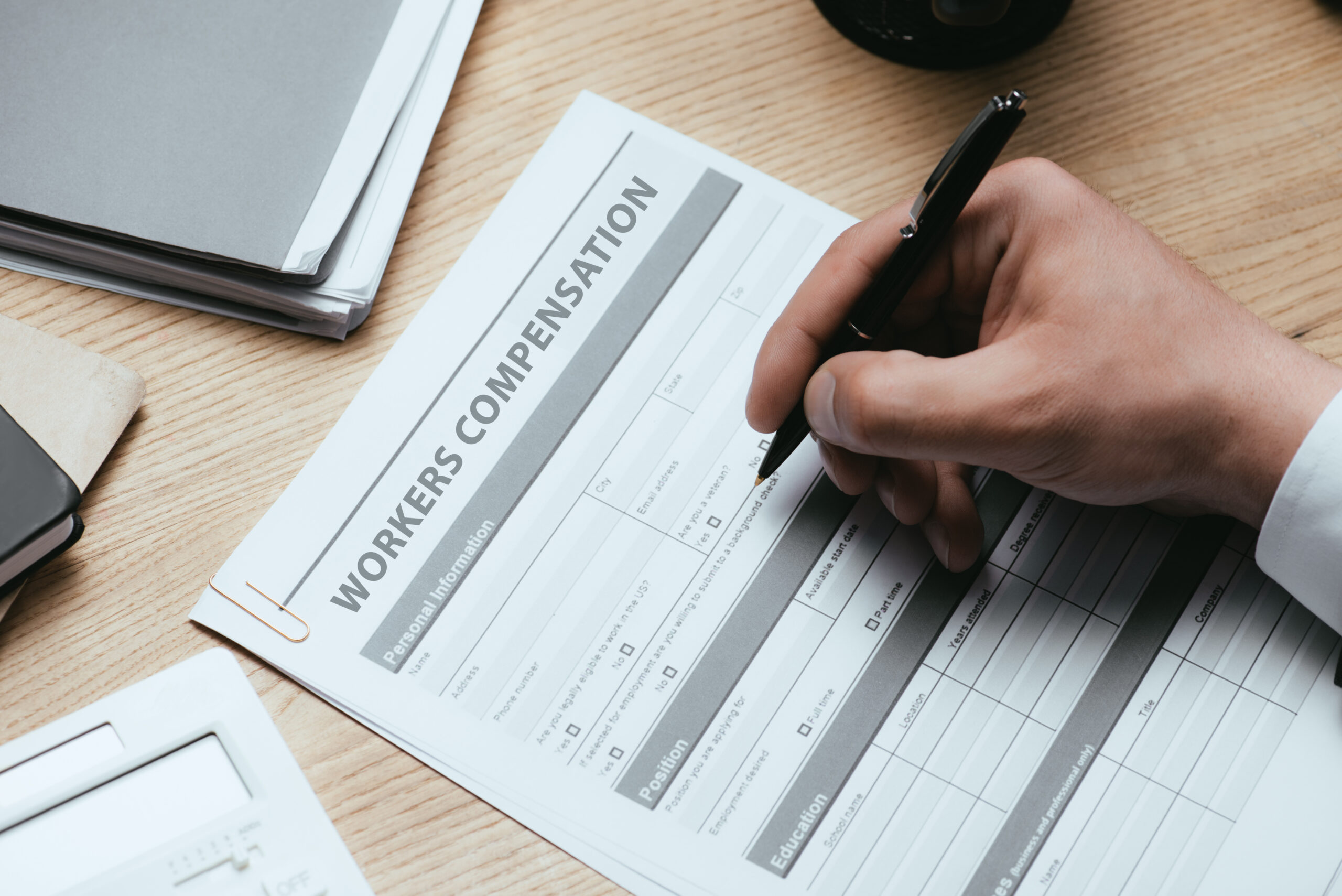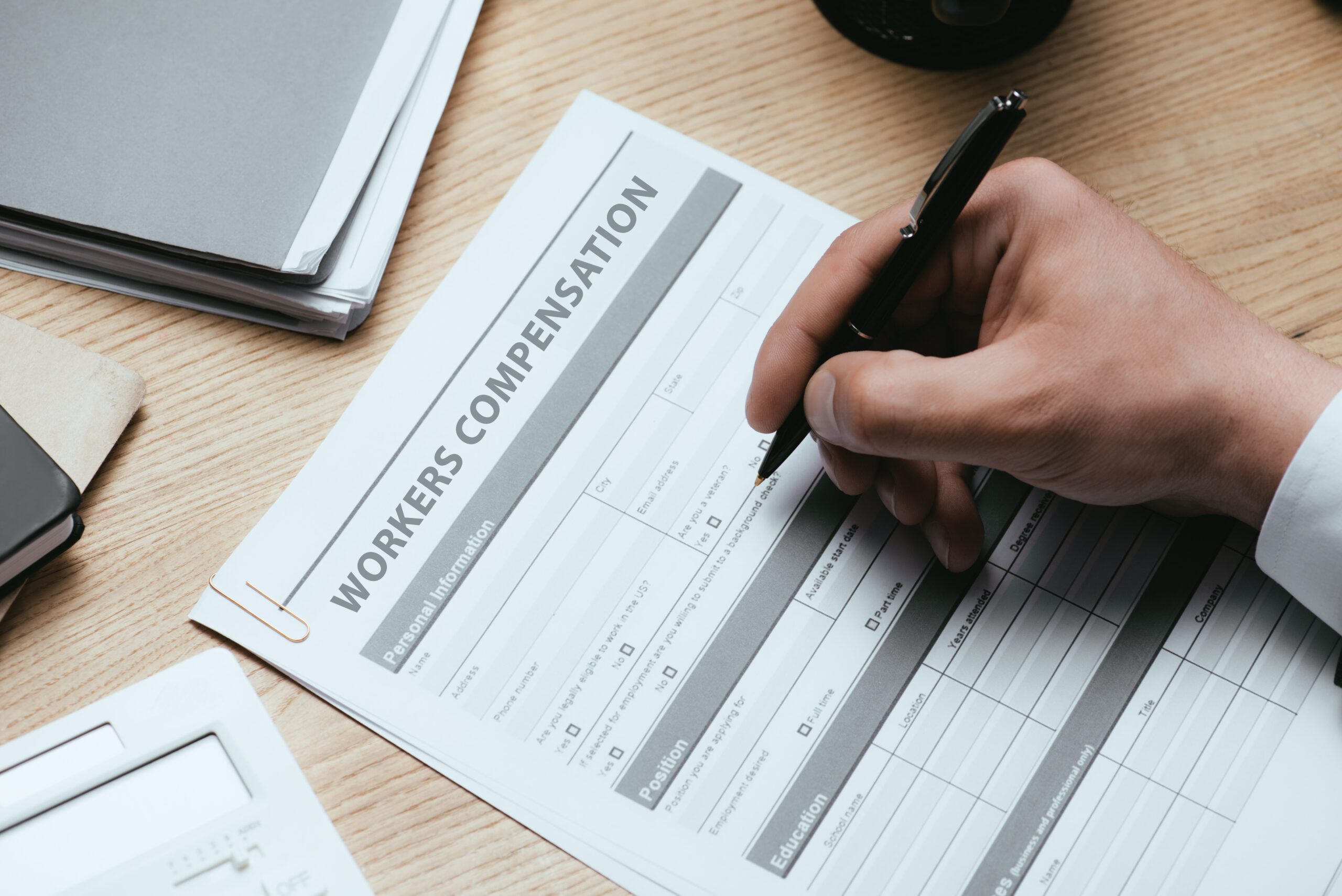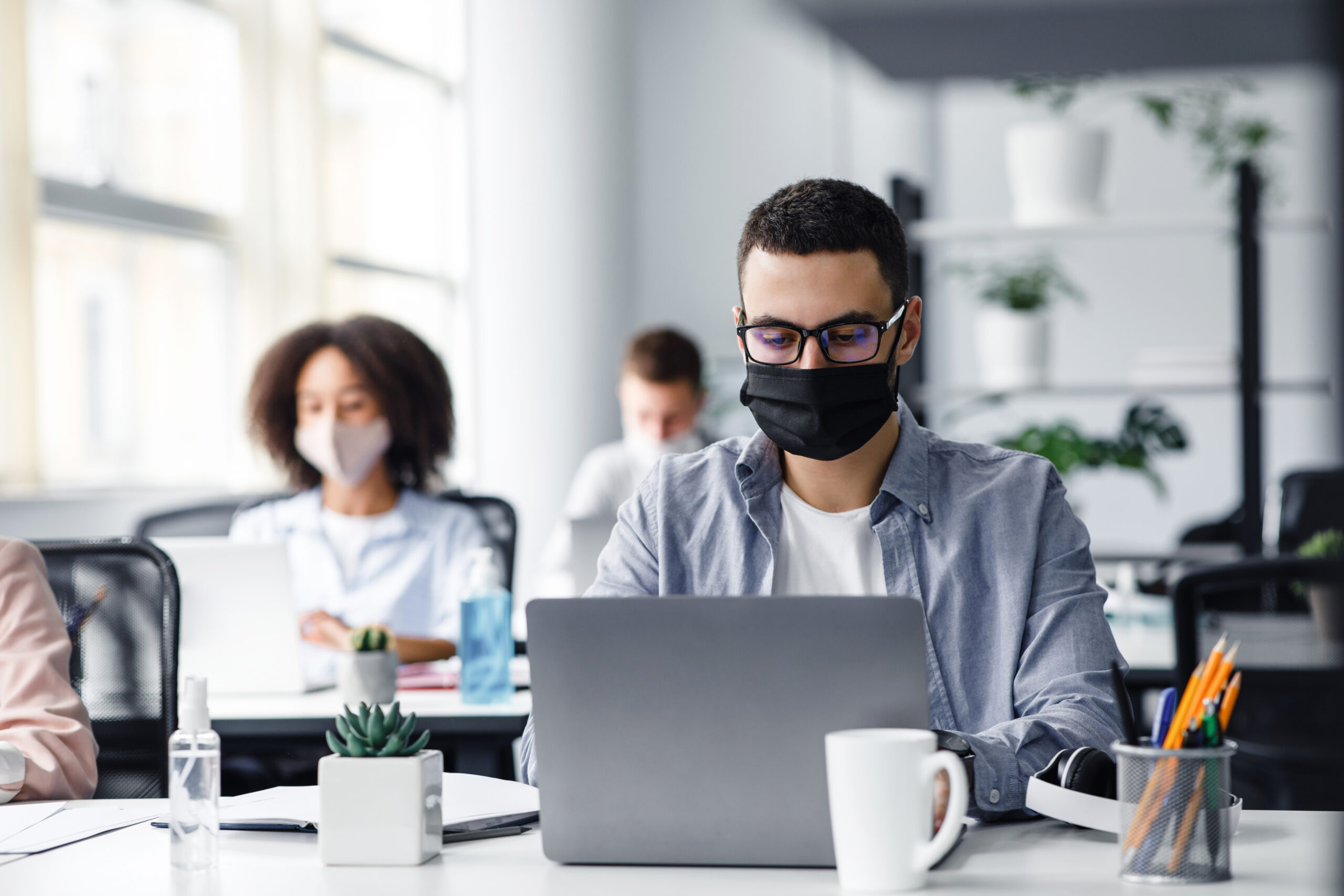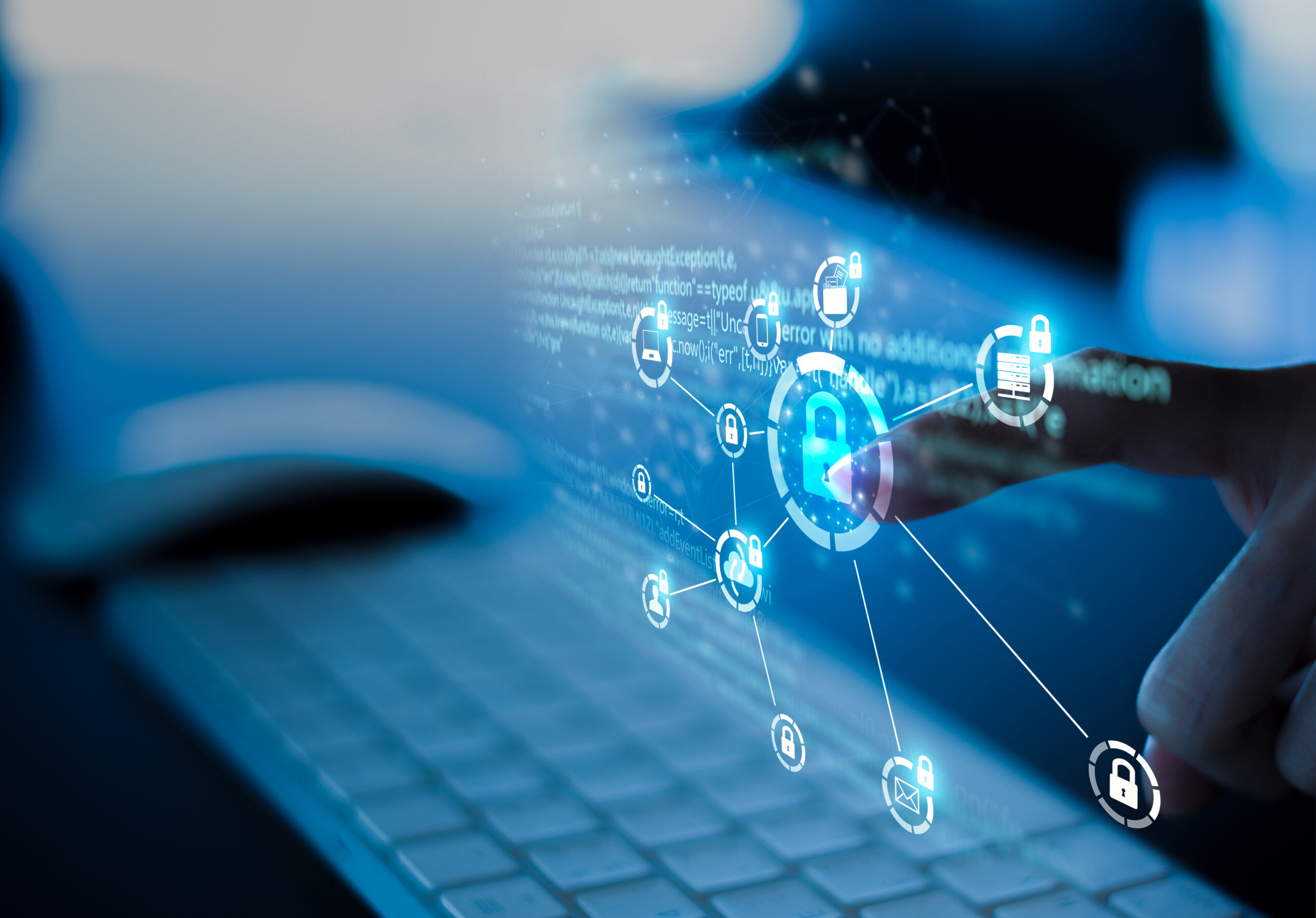Employee Benefits

January 7, 2021
Embracing the Changes in Captive Insurance
As the world heads into another uncertain few months, risk managers are expecting a challenging time at their upcoming insurance and reinsurance renewals. Many are considering expanding the use of existing captives or setting up new ones to mitigate the effects of a changing insurance market, as well as their own shifting risk profiles. Even before the...

January 4, 2021
5 Strategies Employers Can Implement to Help Support COVID Vaccine Uptake
While there has been a lot of positive news recently about the COVID vaccines, there are varying reports on the public’s concern and willingness to take it. That hesitation, along with vaccine access, will determine how quickly life returns to normal. We will need more than 70% of the population vaccinated to get back to a pre-pandemic society, and...

December 14, 2020
Workers’ Compensation Trends to Watch in 2021
Not only is workers’ compensation coverage required in most states, but it also plays a major role in connecting injured employees to the care they need to return to work as quickly and safely as possible. That’s why it’s crucial for your organization to develop an effective workers’ compensation program. To ensure a successful program,...

December 8, 2020
The Continued Impact of COVID-19 on Workers’ Comp
The COVID-19 pandemic has been with us for over nine months now, with no end in sight. During this time, we conducted several Out Front Ideas COVID-19 Briefing webinars and The Path Forward virtual conference. These educational events were designed to provide risk managers and others in the industry with a better understanding of how COVID-19 was...

October 21, 2020
5 Things to Watch Out for During Open Enrollment Amid a Pandemic
With millions of people suddenly out of work, employer-sponsored health insurance is a benefit that employees may not so quick to take for granted this year. About 157 million Americans rely on employer-sponsored coverage and yet, before 2020, most people spent very little time reviewing their workplace health-care plan during the open enrollment period. Now, in the...

October 15, 2020
Catastrophic Workers’ Comp Claims During the Pandemic
The COVID-19 pandemic surprised all of us in January 2020, with its speed of viral infection transmission causing high mortality and morbidity among those afflicted in the United States. This newly formed mutant coronavirus, now known as Severe Acute Respiratory Syndrome Coronavirus 2 or SARS-CoV-2, took the world by storm and many in this...

October 14, 2020
How to Reopen Professional Offices with COVID-19 Safety Measures in Mind
While a handful of states are reversing their reopening plans as COVID-19 cases jump again, in many regions businesses operating in professional offices have returned to work in some way, shape or form. For businesses that have employees coming back to their pre-COVID desks, there are many important safety measures that they should be...

October 12, 2020
Tips for National Cybersecurity Awareness Month
As school, socializing, and many aspects of life have moved online this year, it’s more important than ever that you protect your digital devices and steer clear of cybercriminals. So during National Cyber Security Awareness Month (NCSAM), observed each October, the FBI and partner agencies remind you to do your part and #BeCyberSmart all year long. Now...

October 8, 2020
Enrollment Support Is Critical For Workers
This year’s open enrollment season for workplace benefits is seeing more than one-third of workers saying they want more guidance and support in choosing benefits than they did before the pandemic hit. That was one of the findings from the inaugural Workplace Wellness Study conducted by the Employee Benefit Research Institute and Greenwald Research. “This is...

September 9, 2020
National Preparedness Month: Workplace Safety
No matter where you live, you’re sure to encounter and have to deal with emergencies, whether they be tornadoes, fires, chemical or toxic spills, or any number of other natural and man-made disasters. In these situations when conditions can so quickly become life-threatening, workplace preparedness is key and could mean the difference between life...
Recent Posts
- OSHA Extends Outdoor and Indoor Heat-related Hazards National Emphasis Program
- Hurricane Preparedness Week 2025: Protecting Your Commercial Property from Storm-Related Risks
- OSHA Releases 2024 Injury and Illness Data
- National Safety Stand-down to Prevent Falls in Construction Set for May 5-9, 2025
- Understanding and Mitigating Nonprofit D&O Risks
